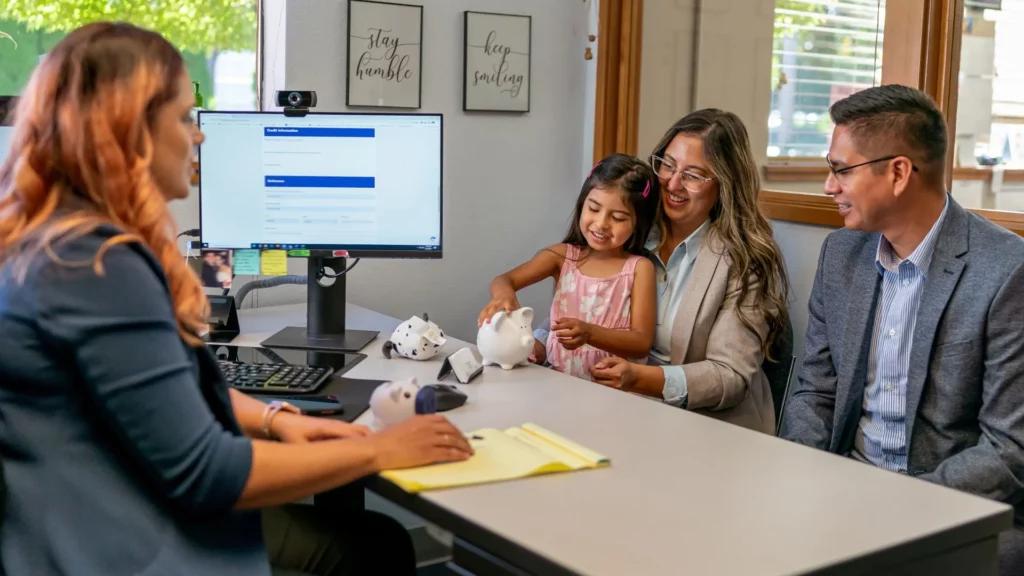It’s a typical morning and you begin your day with coffee. As you collapse into your morning chair, you are notified of a transaction you don’t recognize. In fact, the entry looks a little suspicious.
Something smells fishy. And before long you realize that your account has been hacked. The amount seems small and insignificant – probably even less than $20.
Often, attempts to remove funds from accounts start small. With hopes that the owner won’t notice the minor debit. This is how hackers test your account and then plan a larger attack.
So, what do you do in the event of such an unforeseen circumstance? Here are six steps to follow when you’ve been hacked:
Check-Up on Your Accounts
Keep close tabs on each of the accounts you have, don’t limit to just checking and savings accounts—watch out for your credit and debit cards as well. Only you will be able to pick up suspicious charges and minor inaccuracies.
Know Your Bank Employees
Make time to chat with the teller behind that tall desk. Build a personal relationship with your local bank or financial institution. Whenever possible, visit the same branch regularly.
This is not as convenient as banking online but it’s worth it. In the event of a hacking situation, someone at your bank will help you navigate through cleaning up your money mess.
Shut It Down
Consider freezing or closing your account because in most cases, canceling a debit/credit card or closing an account can stop a bank fraud in its initial stages.
When an account is hacked due to identity theft, it can be difficult to keep criminals from repeatedly accessing it.
So, your best option will be to place a temporary freeze on your account until you clear up the identity theft issues. Or just close the account and start afresh with a new account.
Open A File
Report the incident and record the specifications on paper, your phone, or your computer.
Record details like the date, who you speak with and the steps you need to take. This record will serve a purpose for both you and other potential victims. In case they need help in processing what to do next.
Ensure to also monitor your finances like a hawk going forward to prevent a minor inconvenience from becoming a major ordeal.
Set New Passwords
Once you’ve reported fraudulent acts on your card or frozen or closed your account, change the password for your online banking. You might have heard this before, but ensure to choose a password that you’ve never used on any other website.
Protect Your SSN
Your SSN and your name are all a hacker needs to commit identity theft, hack your bank account, open fake credit cards, file fake tax returns to steal your refund and more.
So, keep an eye out for phone or email scams asking for your SSN.























